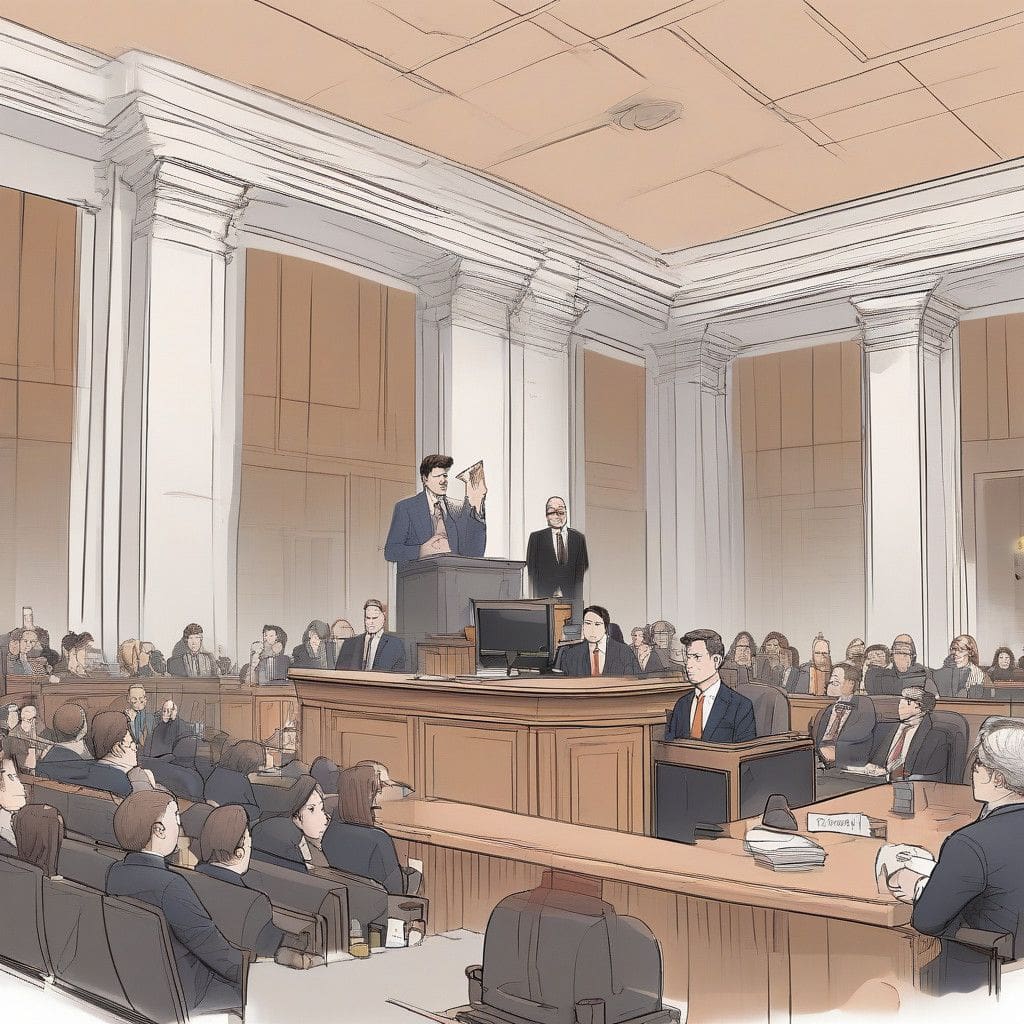In an intriguing legal development, Craig Wright, the Australian computer scientist known for claiming to be the creator of Bitcoin, faces potential contempt of court charges in the UK. This situation stems from a recent $1.2 billion lawsuit he filed against Block, a payments firm founded by Twitter co-founder Jack Dorsey, despite a standing injunction barring him from making further claims regarding his disputed identity as “Satoshi Nakamoto.”
Wright’s claim has been contentious from the start. A UK court previously found “overwhelming evidence” that undermined Wright’s assertions of authorship concerning Bitcoin’s foundational documentation. This same court accused him of fabricating evidence on an extensive scale, raising questions not only about his credibility but also about the integrity of his legal pursuits.
The dismissal of his previous claims by the UK court was significant, signaling a barrier to Wright’s persistent legal battles surrounding Bitcoin. Wright had previously been referred to UK prosecutors for possible perjury after the court found substantial evidence against him. Jonathan Hough, representing the Crypto Open Patent Alliance (COPA), contended that Wright’s latest lawsuit against Block blatantly violates the court’s injunction, highlighting the contentious nature of Wright’s handling of his claims.
In a recent court appearance conducted via videolink, Wright took a stance of denial, asserting he was not in contempt of court. However, he did concede the possibility of amending his lawsuit, should the court deem it necessary. This response was seen as a strategic move to mitigate the legal repercussions of his filing against Block.
With suspicions surrounding Wright’s authenticity as Bitcoin’s creator intensifying, the situation has captured widespread attention. Wright’s ongoing legal struggles serve as a cautionary tale within the cryptocurrency realm, highlighting the complexities and contentiousness that can arise when identity claims intersect with substantial financial interests.
As the legal landscape continues to evolve, the upcoming hearing in December will play a crucial role in determining whether Wright will indeed face contempt charges. While his lawsuit against Block has been temporarily paused pending legal review, its implications could reverberate through the cryptocurrency community, particularly concerning issues of credibility, authenticity, and the legal frameworks governing digital currencies.
The scrutiny surrounding Craig Wright extends beyond his claims as the inventor of Bitcoin; it invites broader discussions about accountability and transparency in an industry often clouded by ambiguity. The legal ramifications of Wright’s actions could serve to enforce stricter governance within the cryptocurrency space, potentially safeguarding against future instances of misrepresentation.
In the face of these challenges, as the cryptocurrency market continues to mature, stakeholders must navigate not only technological innovations but also the ethical and legal frameworks that govern their operations. This case serves as a reminder of the importance of due diligence, particularly in a landscape where identity, credibility, and financial stakes are intertwined.
With a court hearing scheduled to assess the validity of the contempt charges against Wright, industry watchers and stakeholders remain alert to the outcomes of this high-profile legal confrontation. The cryptocurrency community, along with potential investors, must tread cautiously and remain informed as developments unfold in this significant saga.












